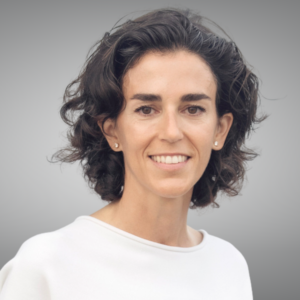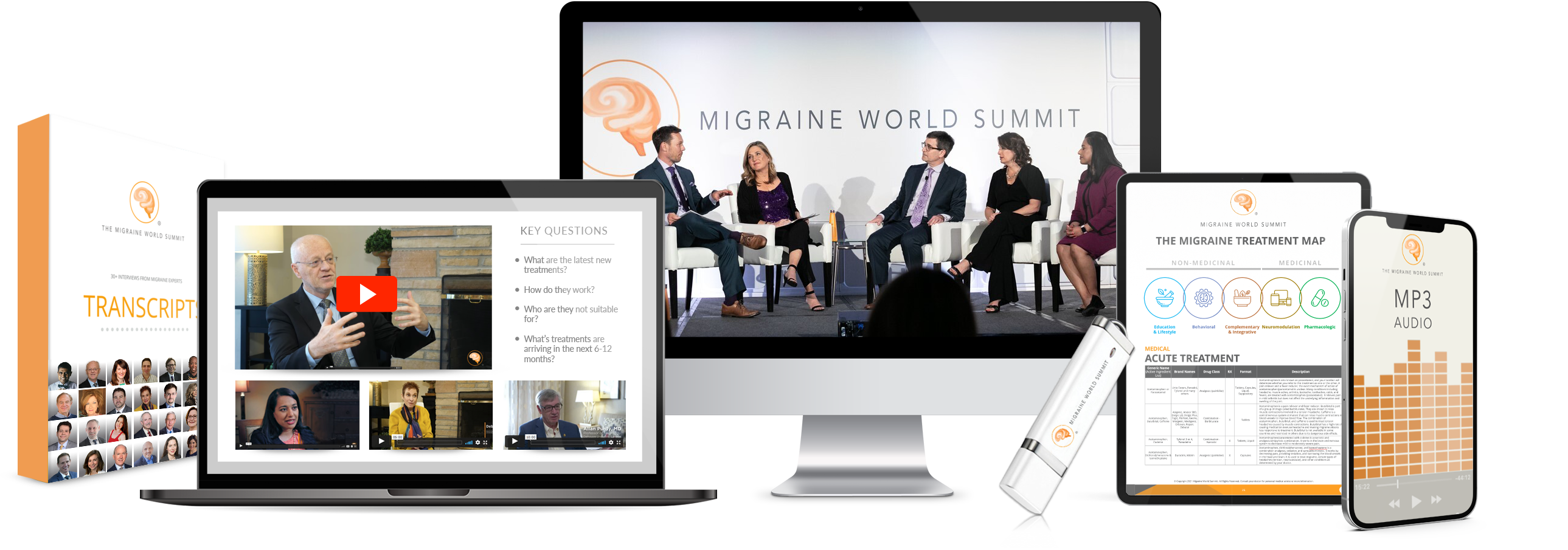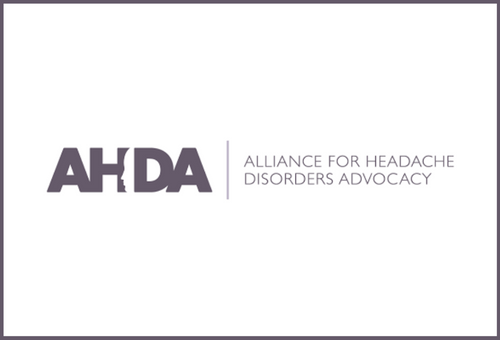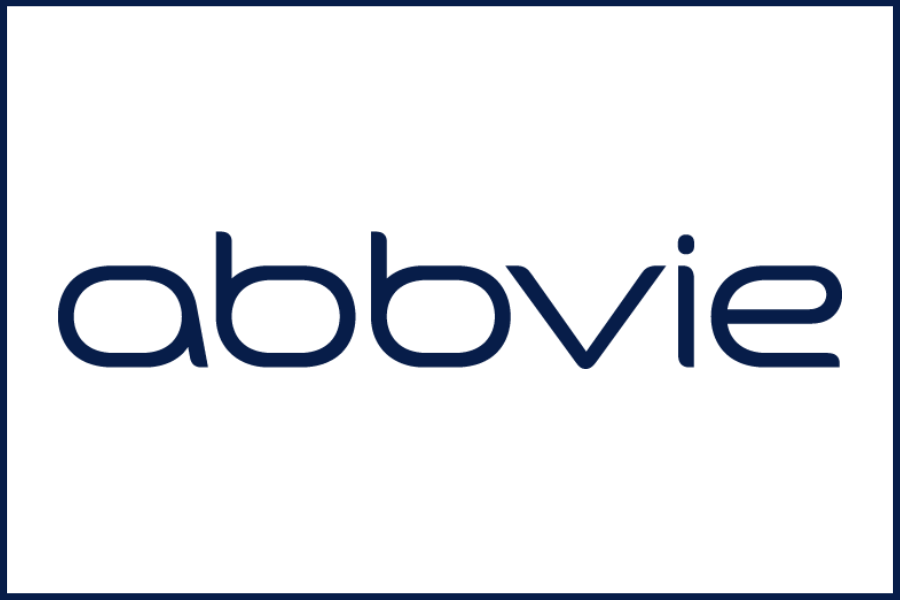European Headache Treatment Update
You are currently watching a preview of this interview. Unlock the full version by upgrading to an Access Pass bundle! Get FREE access to 8 expert interviews from Day 1 and Day 2 when you register today!
Key Questions
- What is the difference between acute and preventive therapies for migraine?
- Who is a candidate for migraine preventive treatment?
- What is the difference between traditional migraine medications and the more novel CGRP inhibitors (Sometimes referred to as anti-CGRP medications)?
- What types of traditional preventive therapies are readily available in Europe?
- Are all migraine attacks driven by CGRP?
- What is the mechanism of action behind the CGRP inhibitors (e.g., monoclonal antibodies, and gepants)?
- What are the differences among the CGRP inhibitors currently available?
- What CGRP monoclonal antibodies (mAbs) and CGRP receptor antagonists (gepants) are currently available in Europe?
- Are ditans (selective 5HT1F receptor agonist) available in Europe?
- What acute migraine treatments are currently available in Europe?
- How can patients access the new CGRP Inhibitors in Europe?
Interview Notes
- Dr. Patricia Pozo-Rosich
- Vall d’Hebron Institute of Research
- Midolordecabeza.org
- Twitter: Migraine Adaptive Brain Lab
Treatments Mentioned
- Amitriptyline
- Analgesics (paracetamol)
- Beta blockers
- Botox
- CGRP antibodies
- NSAIDs
- Steroids
- Topiramate
Please note: The Migraine World Summit’s aim is to bring you a variety of perspectives and expertise, independent of bias or judgment. Alternative theories presented in this video have not been medically reviewed. Views expressed in this interview do not necessarily represent the views of the Migraine World Summit. Please always consult your health care professional and do your own research before making changes to your treatment plan.

Patricia Pozo-Rosich, MD, PhD
Head of Neurology Section
Vall d’Hebron Hospital and Institute of Research, Spain
As the director of headache and neurological pain research at Vall d’Hebron Institute of Research in Barcelona, Spain, Dr. Pozo-Rosich is one of the leading migraine researchers in Europe. An active leader in the field of international headache medicine, Dr. Pozo-Rosich is passionate about educating patients and clinicians about migraine. She is the coordinator of the Headache Study Group of the Spanish Neurological Society (GECSEN). Additionally, she is the founder of the Spanish-language website MiDolordeCabeza.org. In 2023, she was awarded the Cephalalgia Award for her article “Salivary CGRP Can Monitor the Different Migraine Phases: CGRP (In)dependent Attacks,” which she presented at the International Headache Congress in Seoul, Korea.
Dr. Pozo-Rosich is a member of the International Headache Society, the American Headache Society, the International Headache Genetics Consortium, and the Catalan Neurological Society.
Interviews from Patricia Pozo-Rosich, MD, PhD
European Headache Treatment Update
Navigating COVID with Migraine in Europe
How Pain Works in the Migraine Brain
How to Get the Most from Your Doctor
Solving the Puzzle of What’s Causing Migraines

Purchase full access to the entire 2024 Summit. Includes:
- All expert interviews with separate audio (MP3) files & transcripts
- Lifetime on-demand access with no annual fee to 2024 Summit
- Interview Summaries
- Treatment Guidelines
- And much more!
Related Talks for: Day 7 (2023)
Mindfulness for Migraine & Pain Relief
Mia T. Minen, MD, MPH, FAHS
Is Migraine a Progressive Disease?
Fred Cohen, MD
Managing Migraine in the East
K. Ravishankar, MD
Our ongoing mission is to make life better for the millions of Americans living with headache disorders in our country. Founded in 2008, the AHDA is a 501(c)(6) nonprofit supported by member contributions and individual donors. We are proud to have never taken direct contributions from pharmaceutical companies. Members include organizations, medical providers, scientists, caregivers, and people living with headache disorders.
At AbbVie, we are committed to empowering people living with migraine disease. We advance science that enables health care providers to care for people impacted across the spectrum of migraine. Through education and partnerships with the migraine community, we strive to help those with migraine navigate barriers to care, access effective treatments and reduce the impact of migraine on their lives. To learn more, visit AbbVie.com.

Support the organizations who have chosen to support the Migraine World Summit by visiting our Digital Exhibit Hall. Help us keep this event free and learn more about those who are helping us reduce the global burden of migraine. View the Digital Exhibit Hall >>







